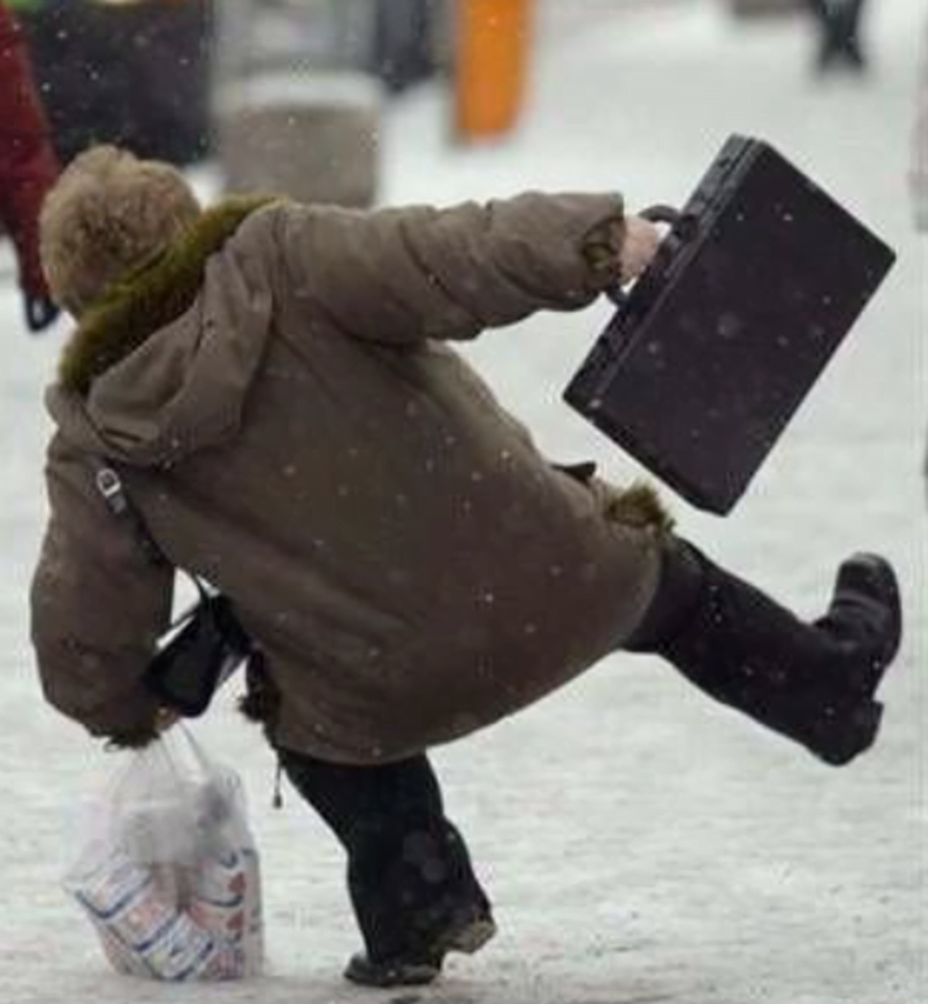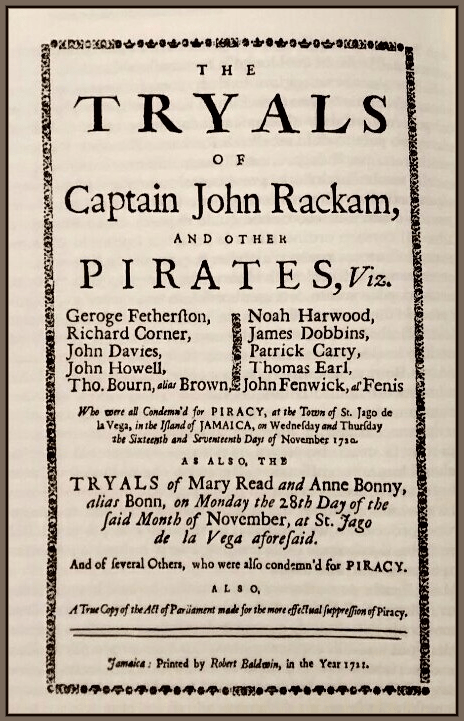DO YOU DRIVE FOR UBER OR LYFT? DO YOU USE THESE SERVICES?

These days, you either works for these services or use them. It is very easy to get signed up to work for these services and even easier to use them. What happens when you or your driver are in a car accident?
Well, regular car insurers have made it very clear that they will not cover the gig worker who is driving their personal car for their jobs. If you ask the gig worker how their insurance works, as I often do, they are wholly unable to explain if they are covered. This is not surprising. Most people from smartest to dumbest cannot explain their car insurance. Insurers like you to be in the dark because it helps them save money or screw you in common parlance. Insurance is a necessary evil.
But, let’s say you are driving for Uber, you are on your way to pick up a fare, and are hit by someone running a red light. Pennsylvania law requires you to carry at least $50,000 bodily injury per person and $25,000 for property damage. If you actually are carrying a passenger, then you have to carry or uber/lyft has to carry $500,000 for death, bodily injury and property damage. This is far better coverage than the state minimum of $15,000, which is embarrassingly low and not terribly helpful for anyone.
So, this is good for passengers or pedestrians or others hit by drivers. But….. and it is a big but, there is no legal requirement that the driver carries insurance for himself or uninsured / underinsured motorist coverage. This is a flaw or hole in the law. It is there intentionally at the impetus of the insurance industry to protect themselves. Nevertheless, this is bad for drivers because if they are in a hit and run (uninsured) or hit by someone with minimum coverage (underinsured), then there may not be any coverage or insufficient coverage.
Most gig economy workers are not well-educated in the insurance business and I try to explain to them as I ride around in their cars, but it is something that they need to be made aware of for their own safety.


 I am off to Park City, Utah to hit the slopes with my family next week. Skiing is a hobby and something that global warming has seriously affected. Out west, they have crazy amounts of snow right now. But, along with the awesome pow, it seems that there are some awesome lift ticket prices too.
I am off to Park City, Utah to hit the slopes with my family next week. Skiing is a hobby and something that global warming has seriously affected. Out west, they have crazy amounts of snow right now. But, along with the awesome pow, it seems that there are some awesome lift ticket prices too.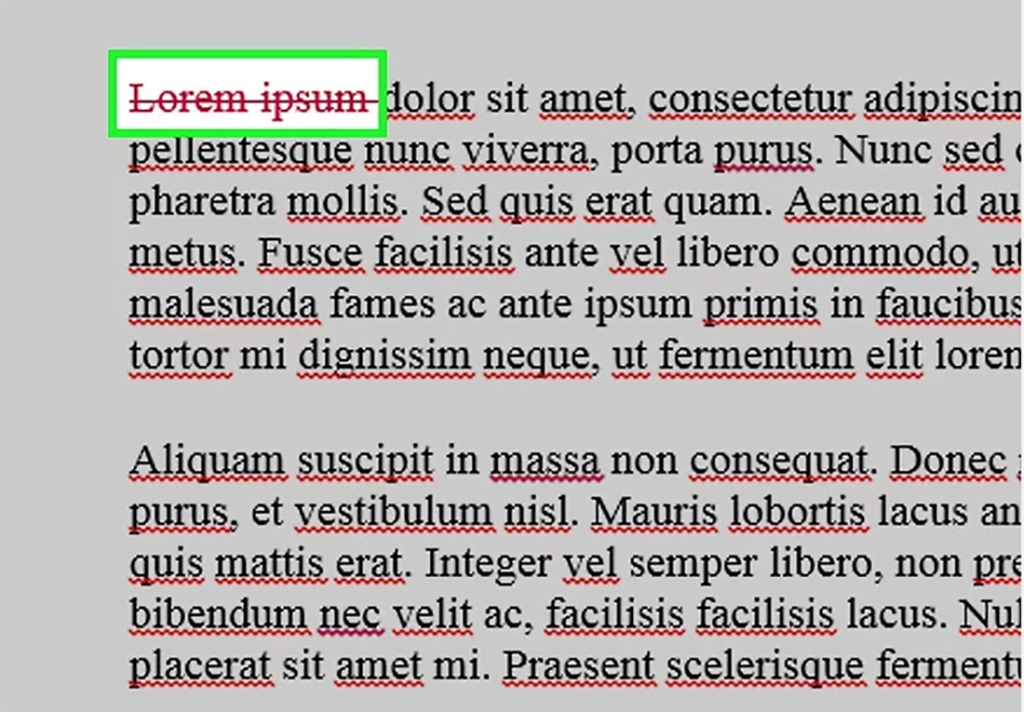

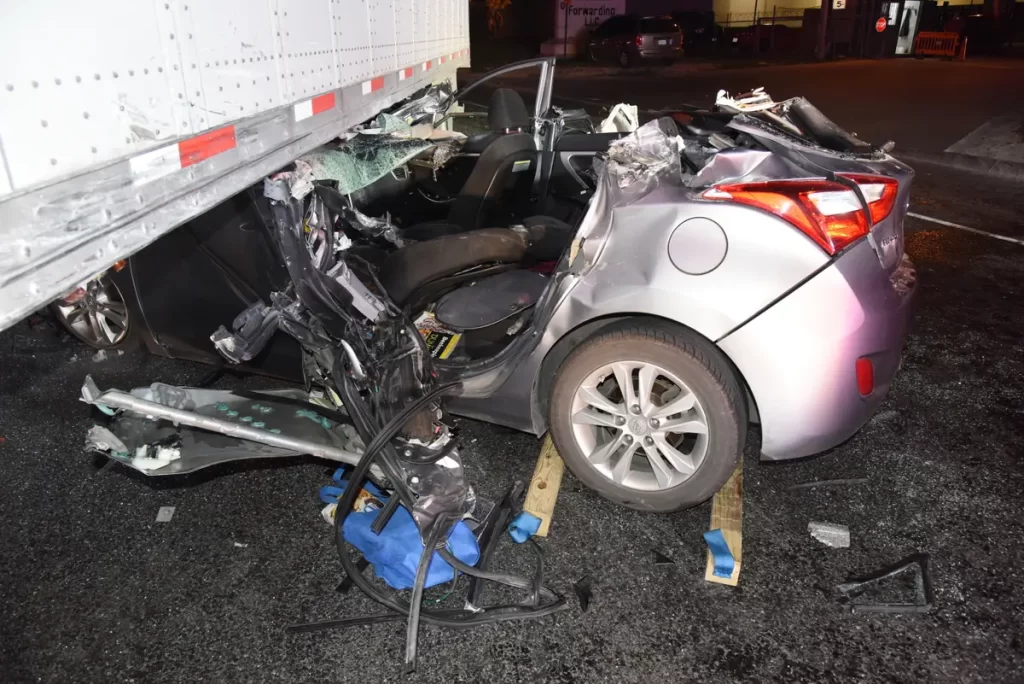
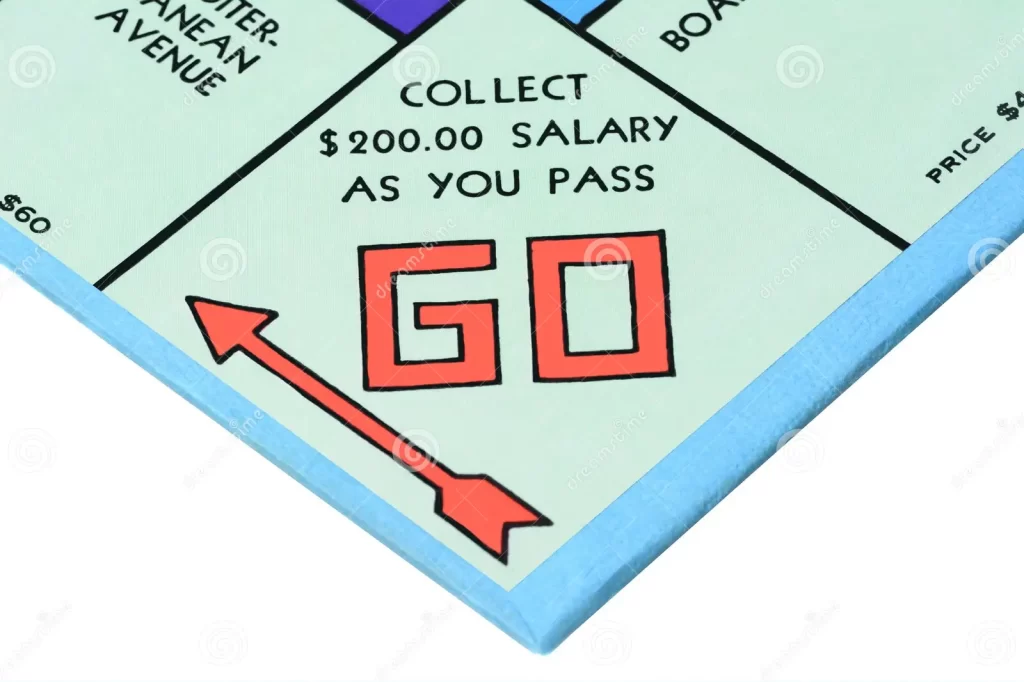 Deciding whether to file suit on a case is often just a business judgment on my end. Based on having done this for 20 year plus, is this a case that is worth putting into suit? Recently, I have had the difficult conversation with clients in two cases that simply did not make sense to put into suit. What does this look like? Well, let’s say you sign up a client and their liability or negligence claim is okay but not great. Perhaps the way that they fell is a little questionable, or the car crash was maybe 50% their fault. In those cases, I don’t usually want to file suit because there will always be a defense and defense lawyers eat that stuff up. But, explaining that to a client is tough and usually the client will be pissed at the lawyer, even though the case will get harder not easier once suit is filed.
Deciding whether to file suit on a case is often just a business judgment on my end. Based on having done this for 20 year plus, is this a case that is worth putting into suit? Recently, I have had the difficult conversation with clients in two cases that simply did not make sense to put into suit. What does this look like? Well, let’s say you sign up a client and their liability or negligence claim is okay but not great. Perhaps the way that they fell is a little questionable, or the car crash was maybe 50% their fault. In those cases, I don’t usually want to file suit because there will always be a defense and defense lawyers eat that stuff up. But, explaining that to a client is tough and usually the client will be pissed at the lawyer, even though the case will get harder not easier once suit is filed.